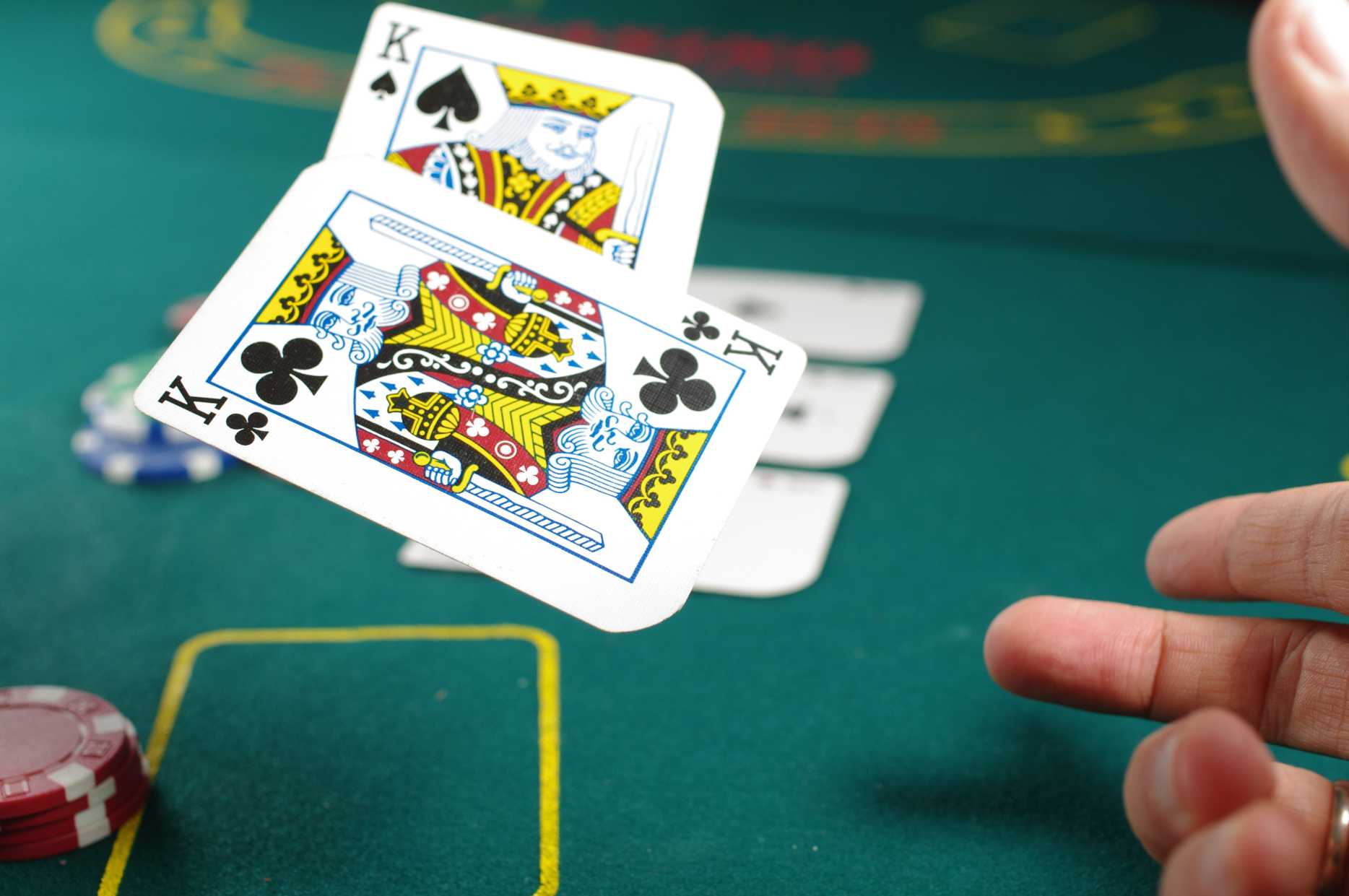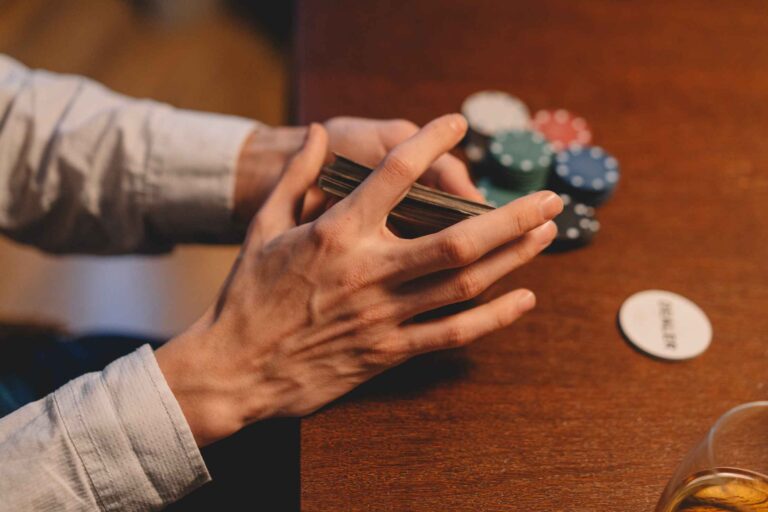The Importance of Position in Poker: How to Use it to Your Advantage
Position is a fundamental concept in poker and one of the most important elements to understand when playing. It describes the sequence in which players act on each round of betting, with those who act first having less information than those who act later. Savvy players can use this advantage if they can leverage it correctly.
The position is especially important in no-limit hold ’em, where the size of bets is unrestricted and can range from small amounts to all-in bets, meaning that acting last gives you an enormous edge over your opponents.

This article will discuss why position matters so much in poker and provide tips for using it effectively at the table.
The Importance of Position in Poker
In many ways, the position is one of the most important aspects of poker. When played correctly, the position can give a player an extra edge in almost any situation.
In its simplest form, the position is the order players act in each round during a hand. Players to the left of the dealer typically have less information and act first, while those on the right have access to more information and act last.
Accurately deducing what your opponents are likely to hold based on their actions requires understanding how position plays into their decision-making process.
By giving yourself a better view of what cards opponents may have in each round, you can make more intelligent moves and increase your chance of winning any given a hand.
Knowing position in poker gives competitive players an added advantage in winning big pots.
Also Read: How To Play Uno Flip Card Game (Rules, PDF & Scoring Point Instruction)
Understanding Position and Its Advantages
Position is a key concept to understand when playing poker games online. It can refer to whether a player acts first or last in hand, allowing the player to gain an advantage by seeing how their opponents act before deciding.
Having control of the action with position gives players better odds of knowing what their opponents are doing and winning valuable pots with riskier hands. Positioning in poker gives the player power over the action, which is why it is such an important factor and should be considered for any strategy.
Knowing how to maximize your position can give you a significant edge and help you win much more regularly. Understanding this means learning to take advantage of being in a plus-EV (expected value) situation as much as possible so that you can build chips or avoid losses when called on large bets.
The position is integral in making effective decisions when playing poker, and understanding it will help your long-term success at the game.
Making the Most of Your Position at the Table
Positioning your seat in a poker game can be pivotal to the success of your game. Considering where each other player is around the table and being conscious about your position gives you added information that can go a long way in forming your strategy.
Good poker players are always aware that having different positions at the table leads to different approach variations.
Positioning becomes especially relevant when playing the blinds, as the small and big blind tend to give away more information than other positions, whereas taking the button or cut-off provides greater freedom of action and control.
Knowing how to use each table position will give you an edge over those who have yet to invest time into understanding their advantages at different stages of play.
Investing time into understanding positioning will pay off for any aspiring poker player.
Also Read: Interesting Uno Cards
Maximizing Profits with a Strategic Use of Position
When playing from the blinds or late positions, players have the benefit of extra time to assess the situation around them when making decisions.
They can utilize this extra time by exploiting their opponents’ weaknesses, such as tendencies to veer away from certain hands that may otherwise generate revenue. By doing so, they can better decide whether to commit their chips or fold and save them for a future round.
Additionally, rising out of position is one-way strategic players can prevent opponents from stealing pots or carrying large stacks into later rounds.
Of course, it must be kept in mind that these tactics may draw attention to one’s play style; however, this risk may be necessary for maximizing profits in highly competitive games.






